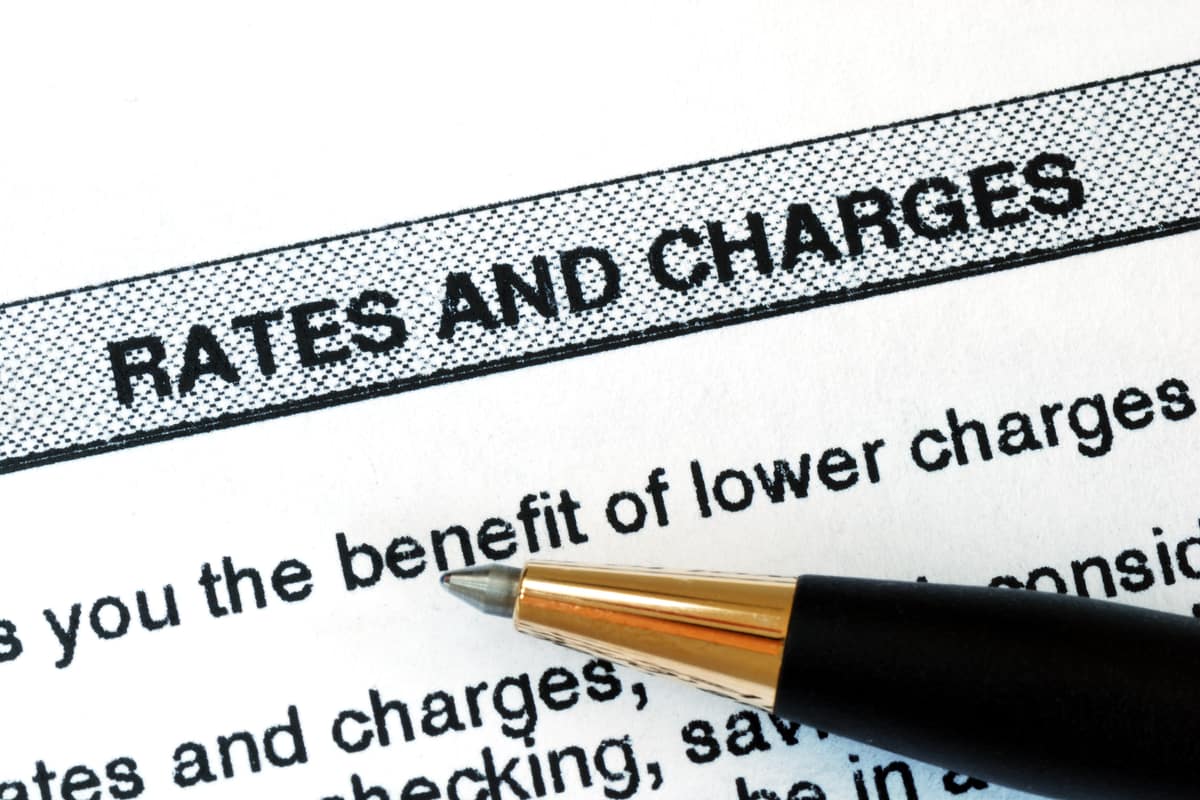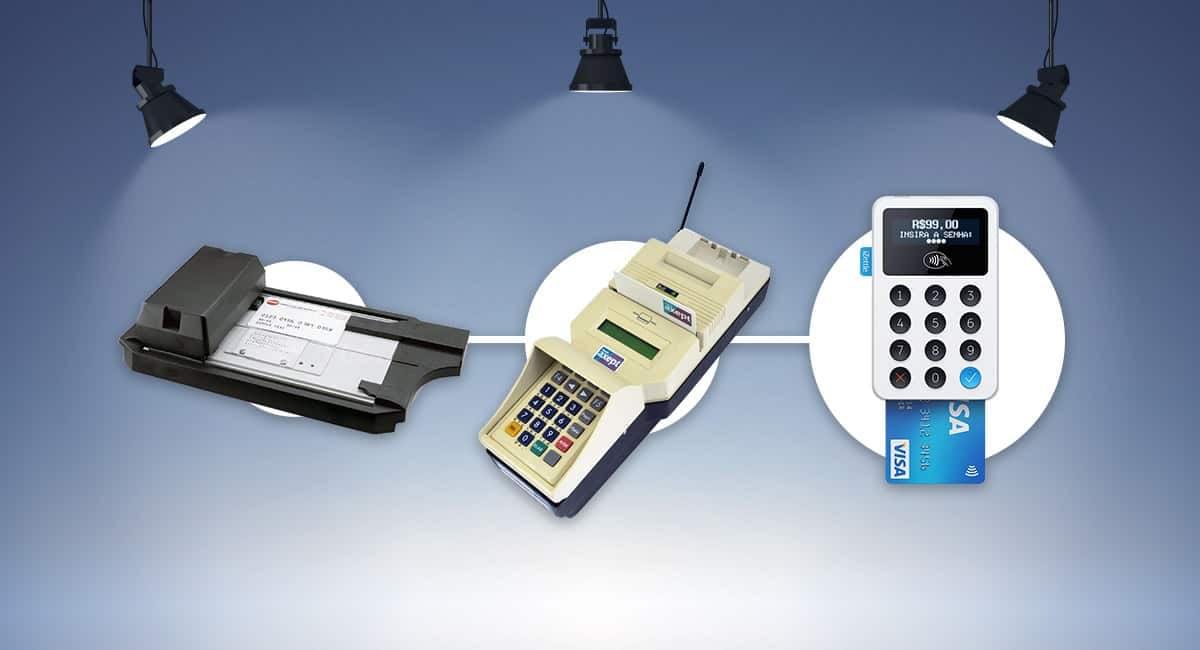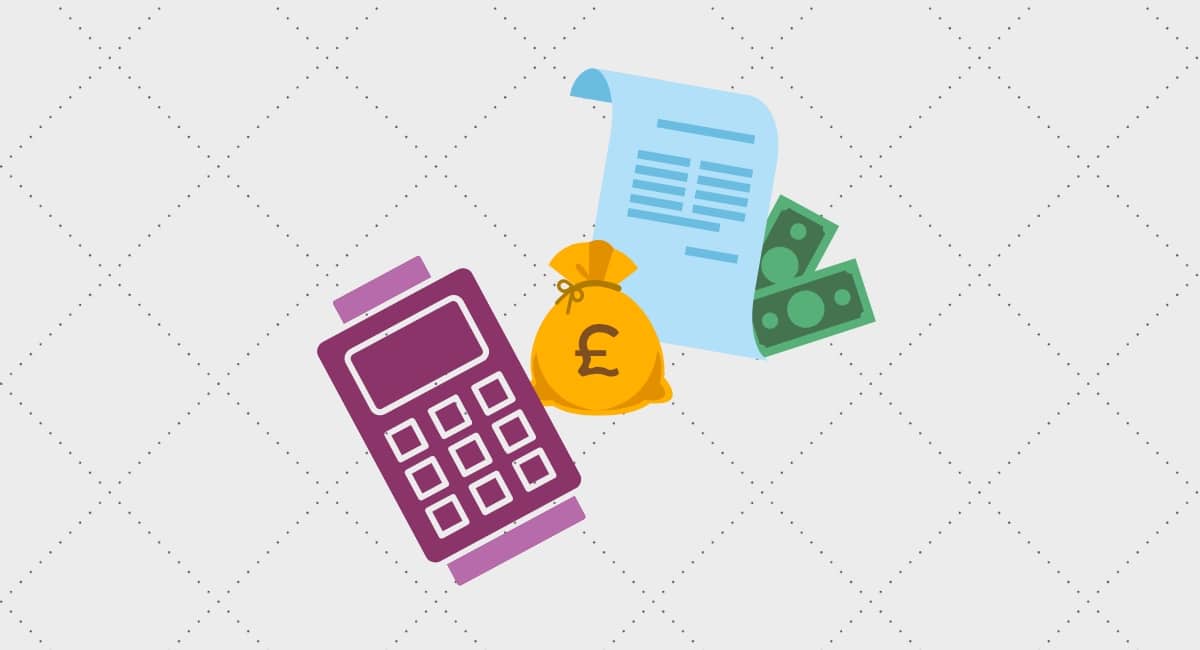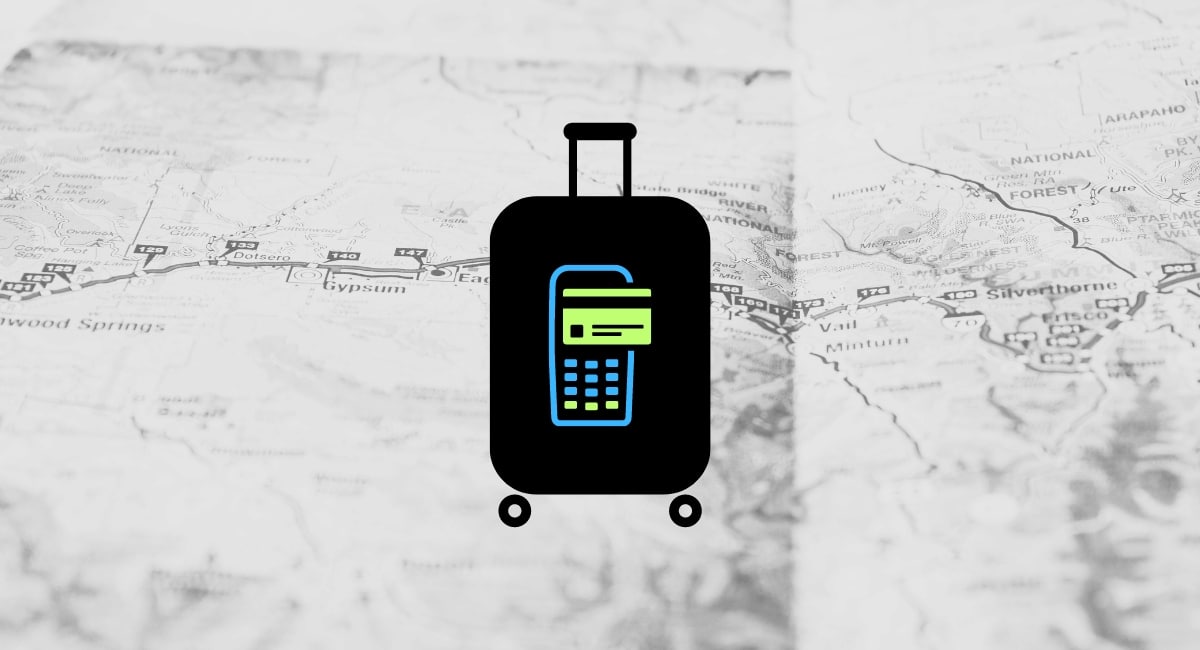It’s not uncommon for businesses to find themselves in a bad card machine deal, wondering how to get out of it or transfer to a better package.
Fortunately, switching to another provider is possible, even encouraged with some deals. It’s typically done with a phone call to a new payment provider who welcomes switchers. But do you know if it’s a good idea, or what to expect?
We run through the considerations merchants should make before entering negotiations, and give our tips on how to secure the best card machine deal.
Consider what is most important to you
If you’re at the point of switching, you probably have some reasons why you want to do it. It nevertheless helps to define your priorities before attempting to negotiate a switch. Here are some top reasons why businesses decide to switch to another provider.
Transaction rates: Many new businesses choose pay-as-you-go card readers because they are cheap and fast ways to get started. With no contract to worry about and a fixed rate per transaction, they are great for uncertain times – until you can lower the rates with another contract.
Note that you can start to negotiate rates with SumUp, Square and Zettle once your turnover reaches a high enough threshold – this may be the preference for some businesses.
Cashflow: Settlement times can be slow through some merchant service providers, and that can be detrimental when you need fast access to funds to pay for inventory, urgent bills and contractors. Next-day – or even same-day – payouts are possible with some providers you can switch to.
Eliminating junk fees: Traditional merchant service providers tend to sneak in extra fees that add up your monthly costs. These are not inevitable, as there are different types of pricing plans on the market. Note which fees were hidden in your current contract and be direct about avoiding them in the next.

Reducing rates and fees is a major reason why many merchants switch card machine.
Customer service: Sadly, some payment providers only give you their full attention during the sales process, then leave you to fend for yourself after onboarding. Bad support is not a given, so you shouldn’t settle for less if good customer service is important to you.
More payment methods: A legacy of the pandemic is more demand for online, mobile and remote payments. While some providers only offer standard payment methods, modern solutions incorporate features like QR code ordering and an online store builder to compliment till payments.
Saving time with integrations: Businesses have become more aware of the value of integrated payments, so it matters whether your card machine works with suitable POS software. If your existing terminal doesn’t, it could change your business for the better to switch to one that does.
What if you’re locked into a contract?
Normally, merchant accounts for payment acceptance have a reasonable cancellation time of 1-3 months with a charge, but card terminal hire is another story. The worst we have heard of are contracts of 6 years, and 12-24 months are still common.
But you needn’t be stuck if you find a provider that can buy you out or offers such a good deal that it’s cheaper to switch – even while keeping the old contract to run its course.
Basically, if by switching you save more in card fees and other costs than what you currently pay in monthly terminal rental, it still makes sense to switch and pay the rental cost to your old provider (though it’s not ideal).
Can you use the current contract as leverage in negotiations with a new provider? Certainly. A new provider may, for instance, offer a deal with zero monthly fees in rental (where it normally has a hire subscription) to sway you over.
It’s also easier with a history of card transactions to get better rates, as it is clearer for the new provider which fees are right for you. With no sales history, the card machine provider has no proof that you qualify for lower fees.
Some merchant service providers cancel the old contract on behalf of you to ease the process, or help you with a template letter of cancellation.
Others offer to pay the exit fee required of the old contract, but this doesn’t always work smoothly. We’ve seen merchants complain that they were supposed to get this compensation as a voucher, but never got it or it was delayed. It may be smoother to just get a reduced deal from the new provider to avoid complications.
New rules introduced: 18-month max. contract for card terminals in UK
Preparing to get the best deal
When you switch from an old provider, negotiating is a crucial part of the sign-up as it affects the rest of your relationship with both the old and new contract.
The first step is to check which card machine solutions you’re more interested in. It might not be obvious from the website if they have special deals for switchers, but all providers tend to be eager for new sign-ups so it’s worth a try even when nothing is mentioned about it.
What you need to know when contacting an alternative provider:
- Monthly card turnover
- Average transaction amount
- Distribution of card types accepted (debit, credit and premium cards)
Try to be accurate about these numbers, as even minor variations from the true numbers can make your deal worse. Especially the split of card types can make a difference, as transaction fees for different cards vary greatly. Have your most recent card payment statements ready for reference.

The distribution of debit, credit and other cards you accept affects your new deal.
If you get a fee plan that doesn’t quite fit the numbers communicated during sign-up, it may have to be adjusted down the line.
When ready, complete the contact form of a provider you’re interested in or call them directly. Have the above details handy and ask all your questions. Remember what your priorities are (e.g. lower rates, faster payouts) and be upfront about it, as you may otherwise not have them met.
Request written details of the new offer before you confirm any switch. Even with a friendly sales rep, there can be hidden fees for PCI-DSS compliance, the merchant account, fast payouts, payment gateway, batch fees, and early cancellation. Match all the fees of the new deal with the old one to estimate your monthly savings with the switch deal.




